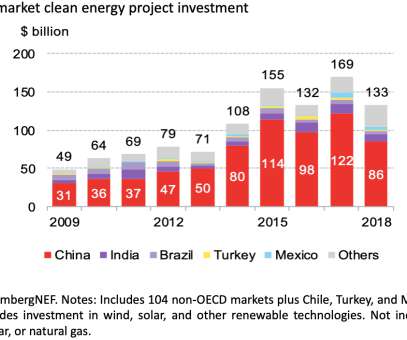BloombergNEF: clean energy investment in developing nations slumps as financing in China slows; coal burn surges to record high
Green Car Congress
NOVEMBER 26, 2019
The findings suggest that developing nations are moving toward cleaner power but not nearly fast enough to limit global CO 2 emissions. Most notably, Vietnam, South Africa, Mexico and Morocco led the rankings with a combined investment of $16 billion in 2018. —Luiza Demôro, project manager for BloombergNEF.















Let's personalize your content